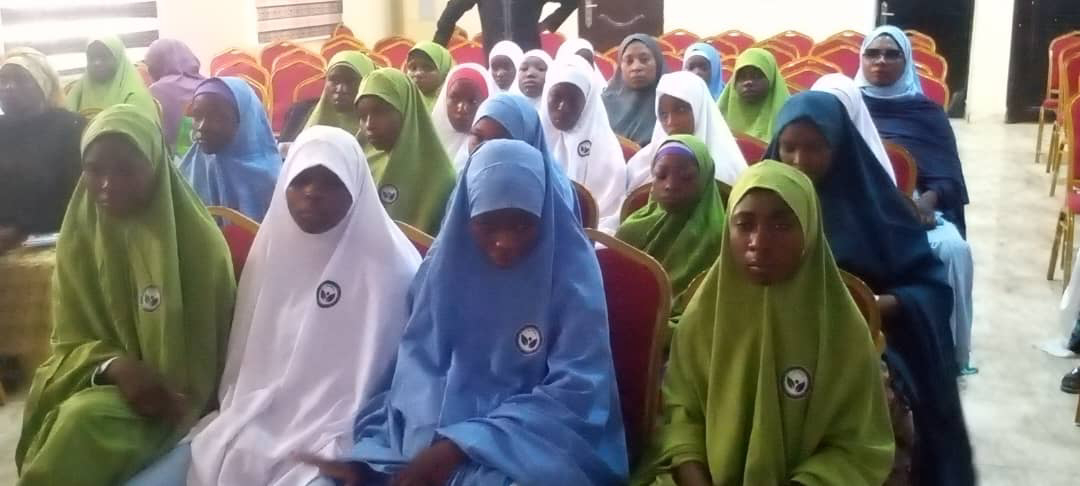By Ahmed Ahmed
Stakeholders in Bauchi State have called for the inclusion of persons with special needs in the Adolescent Girls Initiative for Learning and Empowerment (AGILE) project, emphasizing that it is essential for creating truly inclusive and effective education systems.
The stakeholders made the call at the end of a two-day town hall meeting on Friday in Bauchi
The meeting was organized by Info-Media Consultants in collaboration with the Bauchi State AGILE Project.
Hajiya Asmau Yahaya, one of the speakers, highlighted the importance of recognizing and involving people with special needs in policymaking.
She noted that inclusive education acknowledges the diverse learning styles, strengths, and challenges of individuals, stressing that education policies should accommodate these differences instead of enforcing a one-size-fits-all approach.
“Involving people with special needs ensures they are not left behind and that their voices shape policies that affect them,” she said.
Prof. Mainasara Kurfi of the Department of Mass Communication, Bayero University Kano, identified major causes of school dropouts among girls, including child labor, gender preference for boys, lack of support for orphans, and peer pressure.
He urged parents, traditional leaders, and policymakers to place higher priority on the education of girls.
Also speaking, Prof. Munnir Kamba a consultant emphasized the broader impact of educating girls, saying it fosters economic growth, promotes further education among peers, and improves family wellbeing.
In his remarks, Dr. Lawal Mohammed, Bauchi State Commissioner of Education, reaffirmed the government’s commitment to education.
He stated that the government is giving special priority to both girls’ education and the inclusion of people with special needs in all its educational policies.
“The government remains committed to ensuring no child is left behind, especially those with special needs,” Dr. Mohammed said.






.jpeg)





0 Comments